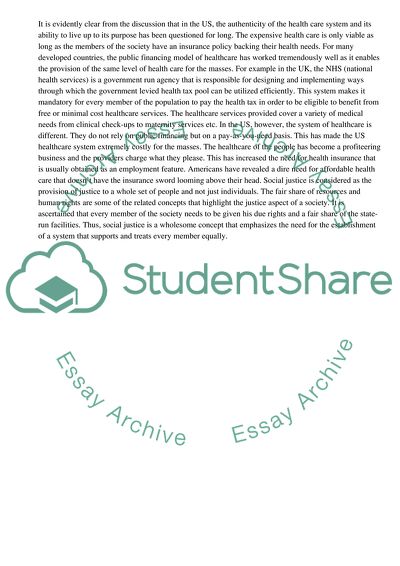Cite this document
(“Ethics in Public Administration Research Paper Example | Topics and Well Written Essays - 1750 words”, n.d.)
Ethics in Public Administration Research Paper Example | Topics and Well Written Essays - 1750 words. Retrieved from https://studentshare.org/management/1832660-ethics-in-public-administration
Ethics in Public Administration Research Paper Example | Topics and Well Written Essays - 1750 words. Retrieved from https://studentshare.org/management/1832660-ethics-in-public-administration
(Ethics in Public Administration Research Paper Example | Topics and Well Written Essays - 1750 Words)
Ethics in Public Administration Research Paper Example | Topics and Well Written Essays - 1750 Words. https://studentshare.org/management/1832660-ethics-in-public-administration.
Ethics in Public Administration Research Paper Example | Topics and Well Written Essays - 1750 Words. https://studentshare.org/management/1832660-ethics-in-public-administration.
“Ethics in Public Administration Research Paper Example | Topics and Well Written Essays - 1750 Words”, n.d. https://studentshare.org/management/1832660-ethics-in-public-administration.


